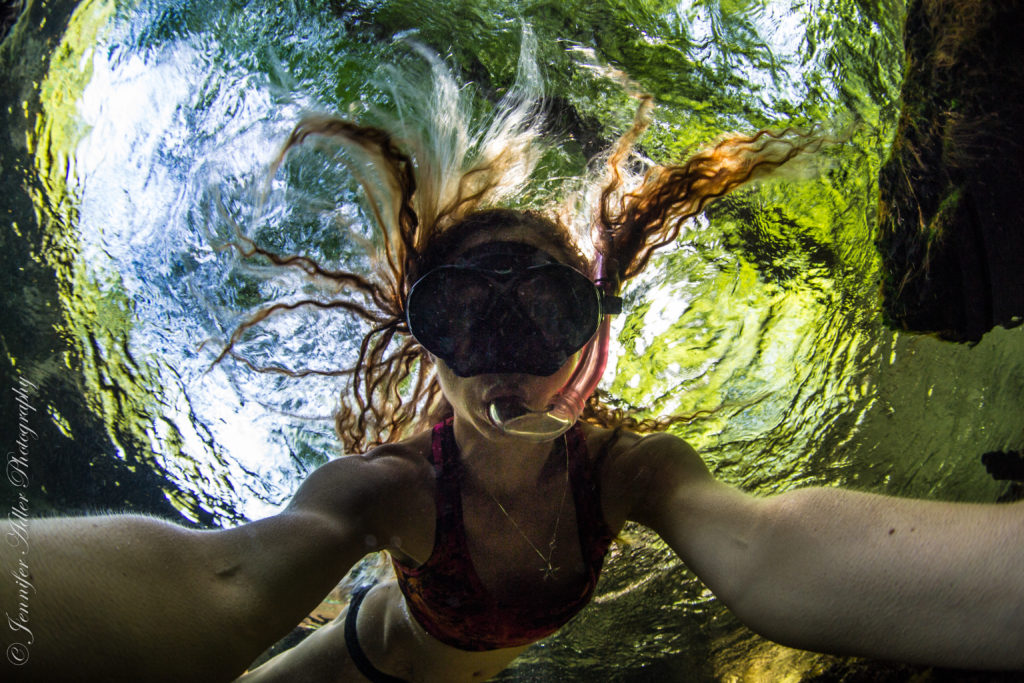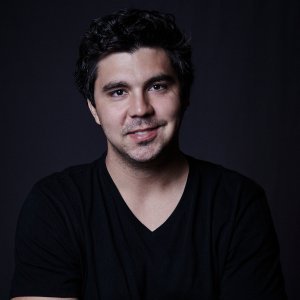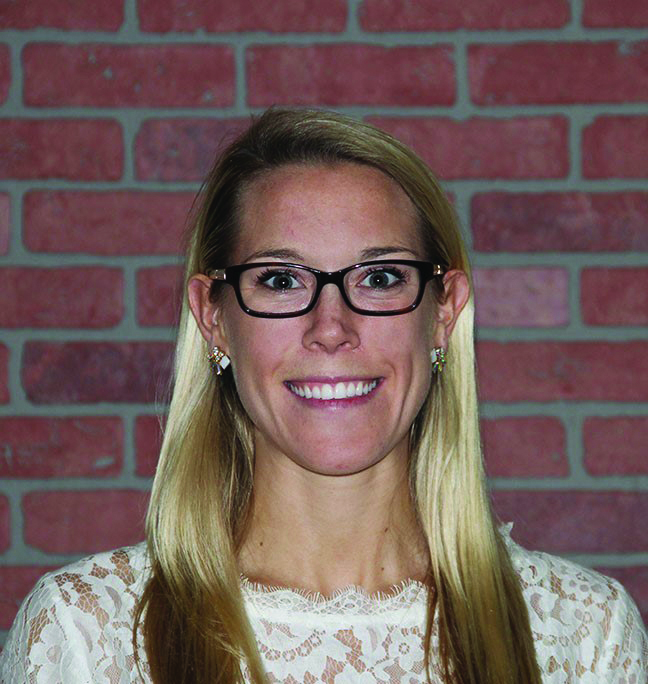For decades, Florida Sea Grant has supported undergraduate and graduate students through scholarships, fellowships and research assistantships.
Because of our unique ability to access some of the top up-and-coming scientists, Florida Sea Grant partners with the Florida Outdoor Writers Association to find the best applicants for its outdoor communications scholarship. This partnership helps young scientists not only conduct their research, but also disseminate it to the public.
Increasingly, our scholars have been combining their FOWA and Sea Grant funds to become some of the top science communicators in their field and broadcast their science to a larger audience.

Like Jennifer Adler, a talented conservation photographer who is now represented by National Geographic Creative. Adler, who completed her Ph.D. in interdisciplinary ecology at the University of Florida was awarded a Florida Outdoor Writers Scholarship in 2015 and a Florida Sea Grant scholarship in 2016. She uses her background in science to inform her imagery and tell visual stories that communicate science and conservation.
“Part of my job as a photographer is exciting field work where I’m cave diving, shooting 360 imagery, or documenting scientific research underwater,” Adler said. “The behind-the-scenes work is less glamorous but crucial. I spend even more time reading, doing background research, connecting with scientists and local people, coming up with creative ways to tell stories, planning field work, and later editing the photographs and communicating/publishing the images.”
With support from both FOWA and Florida Sea Grant, Adler created the Walking on Water program, which immerses elementary school students in the springs, cameras in hand, and lets them explore their hidden drinking water via the first 360 virtual tour of the Floridan Aquifer.
“Sea Grant has been instrumental in my career and helped support my vision to connect the next generation of Floridians to their freshwater,” Adler said.

Austin Gallagher, a 2011 FOWA scholar and a 2012 Florida Sea Grant scholar was named to the 2016 Forbes 30 under 30 list for his entrepreneurial work as the CEO and president of Beneath the Waves, a non-profit he founded to advance the conservation of sharks and oceans through research, education and media, such as documentary films. But, the recognition is also related to his work as a shark researcher.
“With over 30 published studies under his belt in a few short years, Gallagher is already making an impact in the area of conservation biology,” read the Forbes excerpt.
“A lot of that work is focused on advancing the conservation and ecological understanding of sharks in the Atlantic and Caribbean,” Gallagher said.
One of his most notable studies measured the stress response in different species of sharks after they were caught and released. His work has been used by the Florida Fish and Wildlife Conservation Commission to help inform fishery policy. Gallagher helped communicate the results of this study through the Florida Sea Grant Shark Catch and Release website by producing video and writing the copy for the webpage.
He said that the funding from Florida Sea Grant helped make this work possible.
“I was fortunate to be funded by Florida Sea Grant as a doctoral student, which allowed me to conduct research that helped me complete an awesome dissertation that has been highly cited and used by local, national,and international policy makers,” said Gallagher, who earned his Ph.D. in ecosystem science and policy from the University of Miami.

Abbey Engleman, a 2016 FOWA scholar and 2017 Florida Sea Grant scholar has recently been awarded the National Geographic Young Explorers grant for her work in using 3D technology to advance coral reef restoration. She is also the past recipient of the Women Divers Hall of Fame Conservation scholarship.
“Nearly 120 dives later, I am still amazed by the ocean’s ability to transcend my previous expectations,” Engleman said. “Given our planet has over 141 million square miles of ocean, its waters have numerous stories to tell.”
Engleman hopes to spend her career as a scientist, and as a writer, telling some of those stories.
“By bridging the gap between science and communication, we can effectively educate the public on their connection to the sea,” said Engleman, who is pursuing a Ph.D. in marine biology and biological oceanography at Florida State University.
“No one’s journey ends at the surface, but instead, everyone can experience the far side of our blue frontier.”